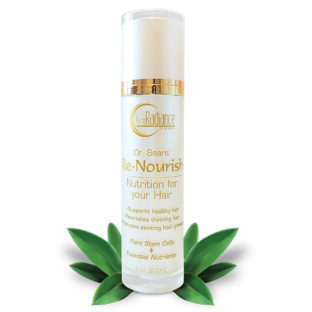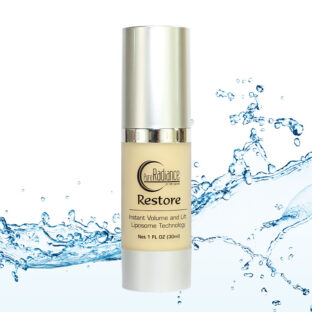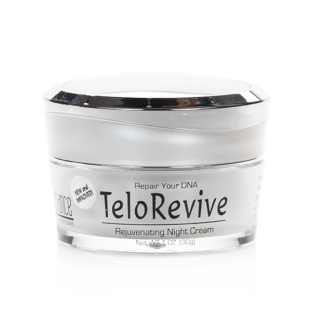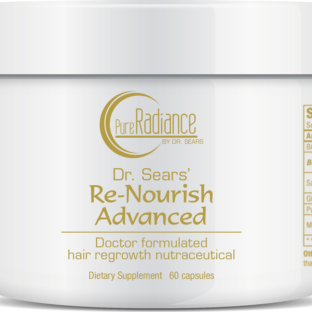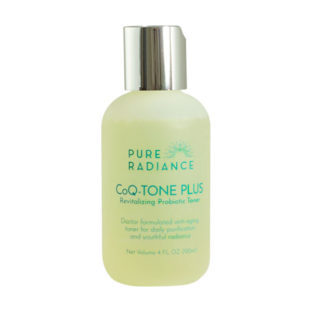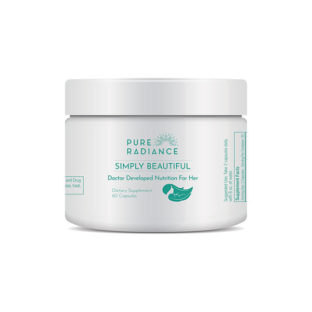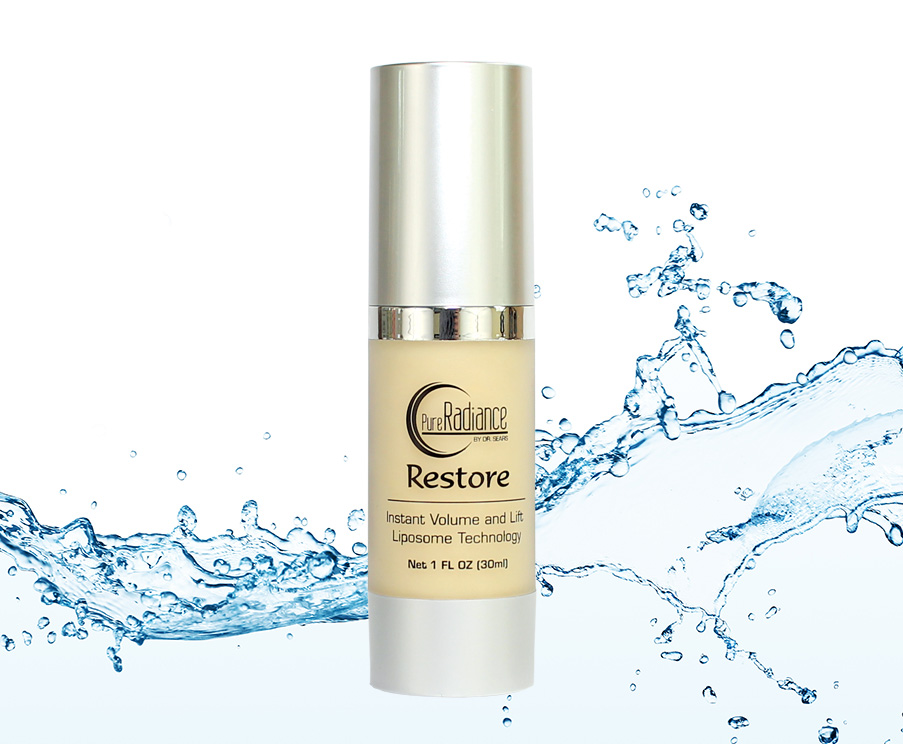You have a powerful “healing factor” flowing through your blood right now. It’s virtually unknown to mainstream medicine, and it’s never been offered to you by any doctor.

Yet this natural substance is so potent, it has the potential to rebuild aching joints, and make your face and skin look 15 years younger.
It’s a technology that harvests “growth factors” from the platelets in your blood, as well as newly discovered stem cells that up until now were completely unknown.
And I found one of the world’s leaders in this field.
His name is Dr. Joseph Purita and he’s one of the speakers at my upcoming Palm Beach Anti-Aging Summit in October.
The technique is called platelet-rich plasma therapy (PRP). Dr. Purita uses it to rejuvenate old, aching joints with platelets and their accompanying stem cells. He’s had incredible results by injecting troubled joints with PRP plus extra growth factors.
I know PRP really works. It’s a very powerful tool that helps professional athletes get back into competition faster than surgery. And sometimes it can save some athletes from having to retire after repeated, crippling injuries
Just a short list of world-class athletes that have used PRP include golf pro Tiger Woods, tennis player Rafael Nadal, NBA star Kobe Bryant, former NFL star Hines Ward, and baseball star Alex Rodriguez.
I’m so impressed with PRP, I’m starting to use it in my own practice. I’ve already started extensive new training for my staff, and I’m investigating the best PRP equipment and advanced technology for my new Palm Beach Institute of Anti-Aging Medicine.
Here’s how it works…
Platelets are needed to clot your blood. But they do much more.
They’re also your body’s first responders whenever there’s an injury. Platelets attract stem cells to the damaged area.
And I’ve just learned about a very exciting discovery that explains why PRP rejuvenates damaged tissue so well. I didn’t know this before. Nobody knew it.
Turns out there are “very small, embryonic-like stem cells” in your circulating blood.
These newly-discovered stem cells are different from more-specialized stem cells because they still produce high levels of the enzyme telomerase.
Telomerase stimulates the growth of telomeres, a cellular marker for your biological age. The longer your telomeres, the younger you feel.
These stem cells, which are in your peripheral blood, have so much telomerase they’re essentially immortal.
An injury gives these stem cells the incentive to change into working cells to repair the body. Given the right circumstances, they can become bone cells, muscle cells, brain cells or any other cells.
When the stem cells arrive at the wound, they multiply rapidly. Then they morph into whatever cells we need to repair the damage.
Platelets also contain hundreds of proteins called growth factors. The natural growth factors in PRP are critical in key stages of wound healing. They regenerate injured tissues.1
To make PRP, doctors draw a small amount of your blood and run it through a centrifuge. This machine separates out red blood cells and leaves behind plasma with a high concentration of platelets.
PRP has five to 10 times more platelets than whole blood.2 And the additional growth factors from all those platelets help heal wounds at least two to three times faster than normal.3
But you don’t need to wait for this technology to make its way to your local doctor. You can get started right away with a few simple nutrients.
Activate the Healing Power of Your Stem Cells
Another of my colleagues, highly respected neurosurgeon Dr. Charles Theofilos, gives his patients a special blend of herbs, vitamins, and minerals to help awaken your body’s stem cells.
Dr. Theofilos practices at The Spine Center in Palm Beach Gardens, FL. He’s famous as a pioneer in developing innovative surgical devices and techniques.
The Consumers’ Research Council recently named him one of “America’s Top Surgeons for Neurosurgery.” He was one of only 20 elite surgeons selected to participate in groundbreaking studies to compare the success of spinal-disc replacement with traditional spinal fusion.
And Dr. Theofilos has become a leader in minimally invasive treatments with PRP, stem cells and blood proteins. In keeping with this philosophy, he developed two unique natural formulations that can stimulate stem cells.
The formulations can help prevent damage to cartilage, tendons, ligaments and joints. And they can help patients rebuild their bones and connective tissue after orthopedic surgeries.
If you want to start stimulating your stem cells at home, I’ve come up with some recommendations based on Dr. Theofilos’ formulations:
- Take 45 to 90 mcg of vitamin K2 a day. Vitamin K comes in several different forms called menaquinones. They’re numbered from four to nine. The higher the number, the more bioavailable and long-lasting it will be. MK-4 and MK-7 are the most important, and that’s what you’ll find in a good K2 supplement. And it’s fat-soluble, so take it with a meal to improve absorption.
- Take 400 IUs of vitamin E a day. Make sure you’re getting a mix of the two healthiest types of this vitamin, alpha-tocopherols and tocotrienols. Avoid tocopherols labeled as “d-” or “dl-.” And make sure the supplement contains no more than 200 IUs of alpha-tocopherols, or it will lessen the effects of the tocotrienols.
- Take 200 mcg of selenium. Selenium stimulates telomerase, the enzyme that helps rebuild our telomeres, which are a cellular marker for aging.4 Healthy telomeres have been linked with healthier stem cells.5
- Take 200 mg. to 350 mg. of green tea extract twice a day. The active ingredient in green tea, EGCG, can prevent and repair cell damage, including stem cells. And like selenium, green tea can stimulate the genes that activate stem cells.
Stay tuned. I’ll be telling you much more about this remarkable new regenerative therapy in the months ahead.
To your good health,
Al Sears, MD, CNS
1. Bennett NT, Schultz GS. “Growth factors and wound healing: biochemical properties of growth factors and their receptors.” Am J Surg. 1993;165:728–737.
2. Dae Hun Kim et al, “Can platelet-rich plasma be used for skin rejuvenation? Evaluation of effects of platelet-rich plasma on human dermal fibroblast.” Ann Dermatol. 2011 Nov; 23(4): 424–431.
3. Anitua E, Andia I, Ardanza B, Nurden P, Nurden AT. “Autologous platelets as a source of proteins for healing and tissue regeneration.” Thromb Haemost. 2004;91:4–15.
4. iu Q, Wang H, Hu D, Ding C, Xiao H, Xu H, Shu B, Xu S. “Effects of sodium selenite on telomerase activity and telomere length.” Sheng Wu Hua Xue Yu Sheng Wu Wu Li Xue Bao (Shanghai). 2003;35(12):1117-22.
5. Hiyama, E. and Hiyama, K. “Telomere and telomerase in stem cells.” Br J Cancer. 2007 April 10; 96(7): 1020-1024.


